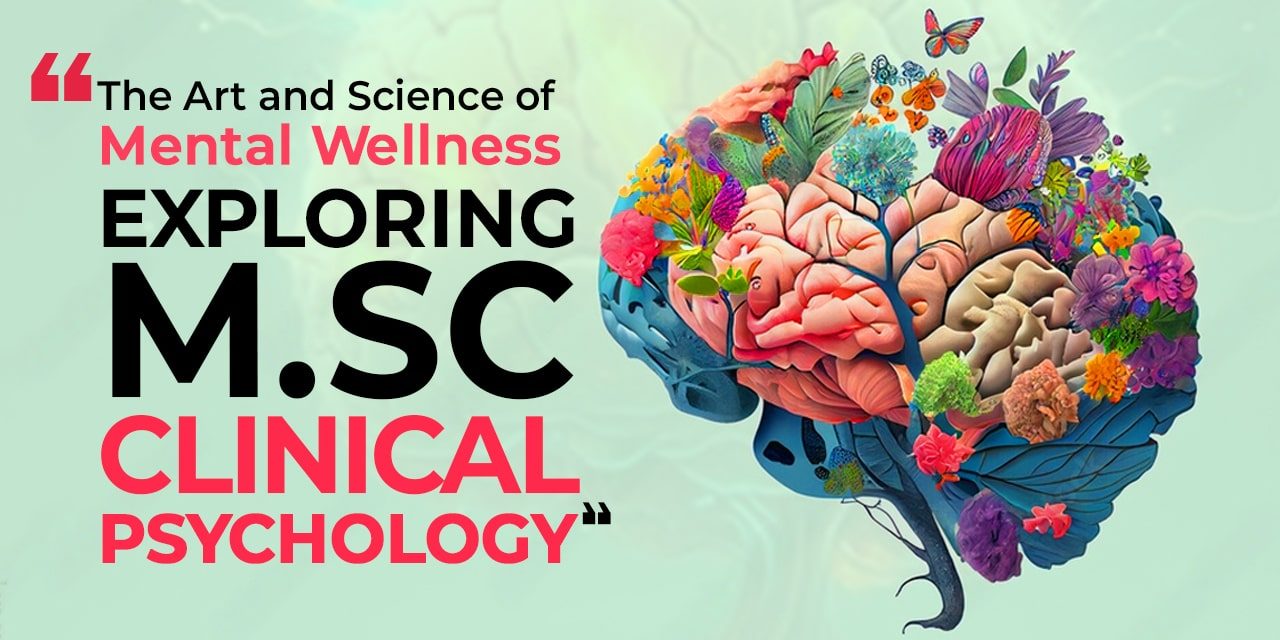Achieve Balance 5 Essential Health Tips for Success
Achieve Balance: 5 Essential Health Tips for Success
Understanding the Importance of Balance
In today’s fast-paced world, achieving balance in our lives is more important than ever. Balance is the key to maintaining optimal health, happiness, and overall well-being. It involves finding harmony between different aspects of our lives, including physical health, mental well-being, relationships, work, and leisure. By prioritizing balance, we can unlock our full potential and thrive in all areas of life.
Tip 1: Prioritize Physical Activity
Physical activity is essential for maintaining good health and vitality. Make it a priority to engage in regular exercise that you enjoy, whether it’s going for a walk, jogging, cycling, or practicing yoga. Aim for at least 30 minutes of moderate-intensity exercise most days of the week to keep your body strong, flexible, and resilient. Physical activity not only improves physical health but also boosts mood, reduces stress, and enhances overall well-being.
Tip 2: Nourish Your Body with Nutritious Foods
A balanced diet is crucial for supporting overall health and vitality. Focus on nourishing your body with a variety of whole, nutrient-dense foods such as fruits, vegetables, whole grains, lean proteins, and healthy fats. Limit processed foods, sugary snacks, and excessive caffeine, which can drain your energy and negatively impact your health. Eating a well-balanced diet provides essential nutrients that fuel your body and support optimal functioning.
Tip 3: Cultivate Mental and Emotional Well-Being
Achieving balance involves nurturing your mental and emotional well-being as well. Practice self-care activities that promote relaxation, stress reduction, and emotional resilience. This may include meditation, deep breathing exercises, journaling, spending time in nature, or pursuing creative hobbies. Prioritize activities that bring you joy, fulfillment, and a sense of purpose, as these are essential for maintaining mental and emotional balance.
Tip 4: Foster Healthy Relationships
Healthy relationships are a cornerstone of well-being and happiness. Invest time and energy into nurturing positive connections with friends, family, and loved ones. Communication, trust, and mutual respect are essential for fostering healthy relationships. Surround yourself with supportive individuals who uplift and encourage you to be your best self. Cultivate meaningful connections that bring joy, fulfillment, and a sense of belonging.
Tip 5: Prioritize Self-Care and Rest
Self-care is not selfish; it’s essential for maintaining balance and overall well-being. Prioritize self-care activities that recharge your batteries and replenish your energy reserves. This may include getting adequate sleep, taking regular breaks, practicing relaxation techniques, or indulging in activities that bring you pleasure. Remember to listen to your body and honor its need for rest, relaxation, and rejuvenation.
In Conclusion
Achieving balance in life is a journey that requires intention, effort, and self-awareness. By prioritizing physical activity, nourishing your body with nutritious foods, cultivating mental and emotional well-being, fostering healthy relationships, and prioritizing self-care and rest, you can achieve greater balance and success in all areas of your life. Embrace the journey toward balance and celebrate the small victories along the way. Read more about 5 health tips















